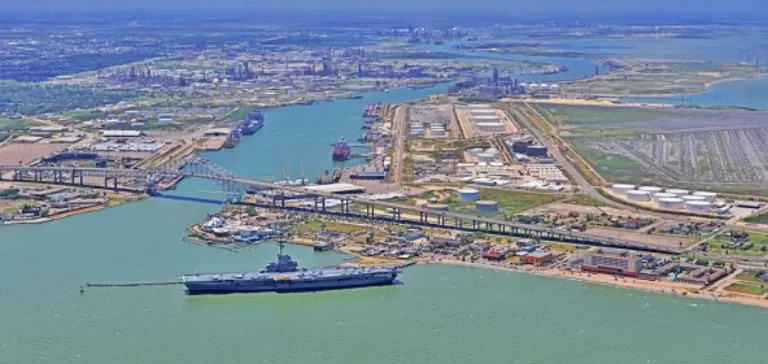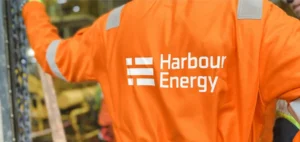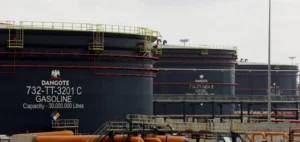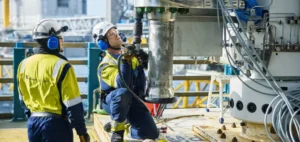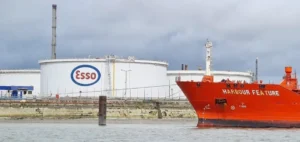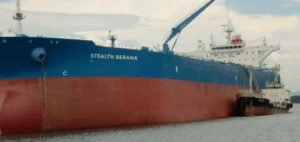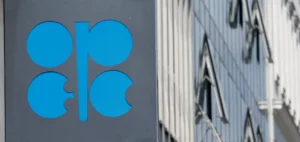The Port of Corpus Christi, located in the US state of Texas, has announced the completion of a significant navigation channel improvement project. Begun in 2017, the works involved deepening the channel from an initial depth of 47 feet (14.3 metres) to 54 feet (16.4 metres), while expanding its width from 400 feet (122 metres) to 530 feet (161 metres). The primary objective of this project was to enable simultaneous navigation of larger vessels, responding to increasing demand for hydrocarbon exports, particularly crude oil and liquefied natural gas (LNG). The project also aimed to reduce overall maritime transportation costs in this strategic region.
A strengthened strategic position
EPIC Crude Holdings LP (EPIC Crude) is among the economic players directly impacted by these enhancements, operating export infrastructures at Corpus Christi. The company has direct access to two terminals capable of receiving Very Large Crude Carriers (VLCC), competitively facilitating exports to various international markets, including Brent crude oil. EPIC Crude primarily serves the petroleum-rich regions of the Delaware, Midland, and Eagle Ford basins, currently transporting approximately 600,000 barrels per day.
EPIC Crude officials indicate that the port’s expanded facilities strengthen their ability to offer exporting companies a broad range of delivery options, while simultaneously reducing transport-related costs to end markets. This logistical enhancement also allows the company to contemplate future expansions of its pipeline network to further increase hydrocarbon evacuation capacity from the Permian basin to Corpus Christi.
Competitive advantage in the US market
Brian Freed, Chief Executive Officer of EPIC Crude, emphasised the importance of this project: “Our long-term partnership with the Port of Corpus Christi has proven highly fruitful, enabling this infrastructure to become one of the leading energy export platforms in the United States.”
Corpus Christi now represents a key strategic location for hydrocarbon exporters, due to these new capacities adapted to the increased demands of the global energy market. The Texan port could thereby consolidate its competitive advantage by attracting more international operators seeking optimized logistical solutions for their oil and gas flows.


